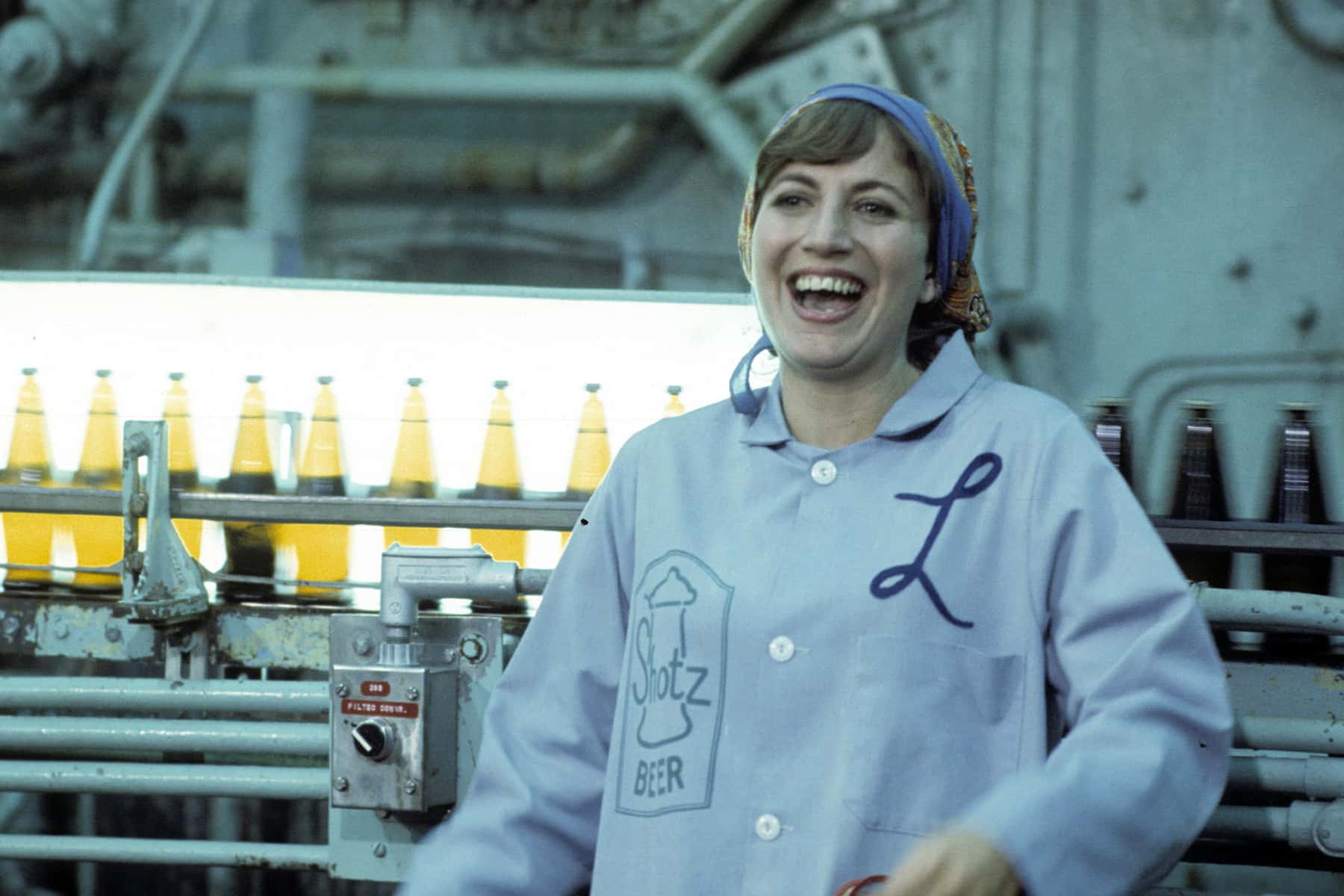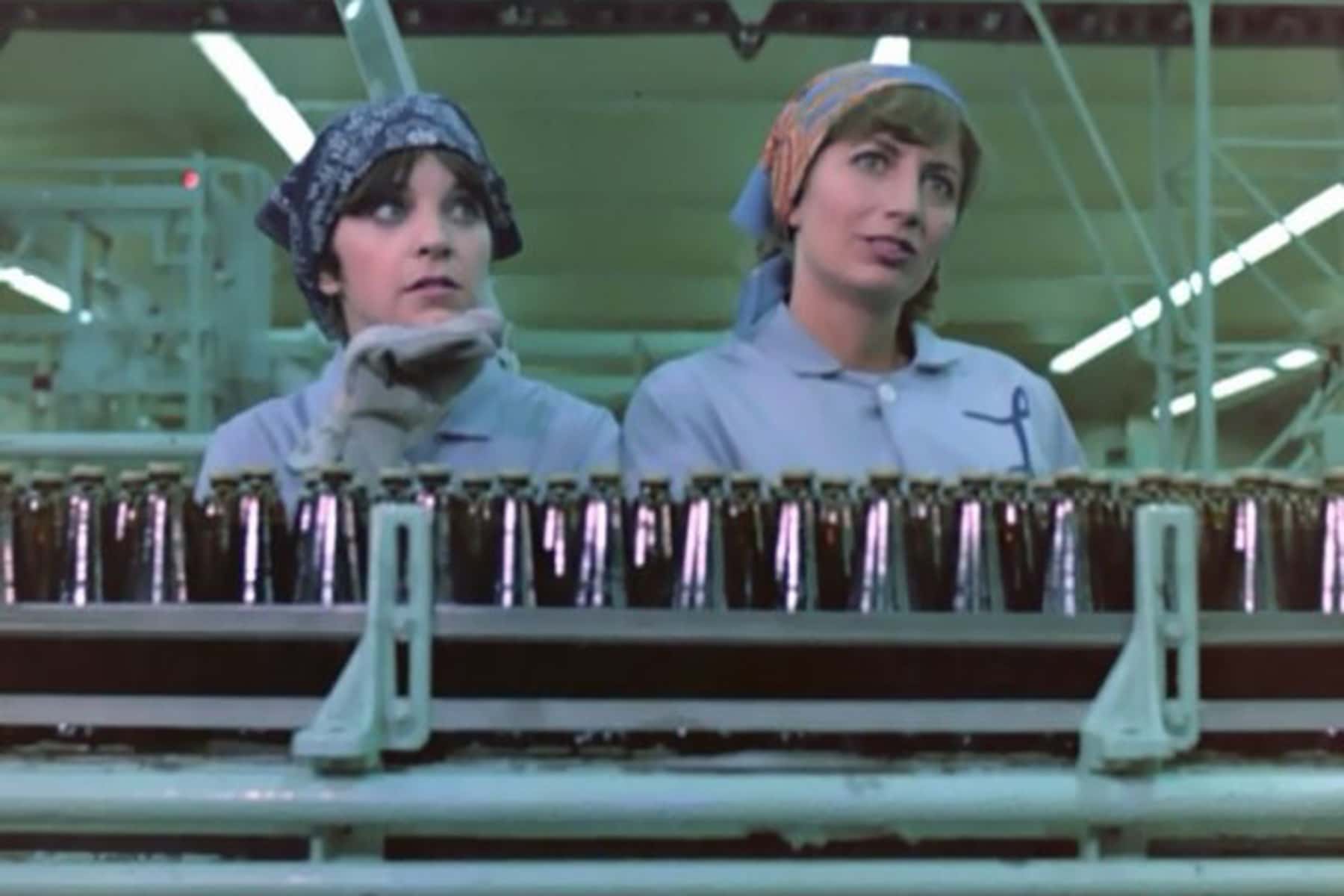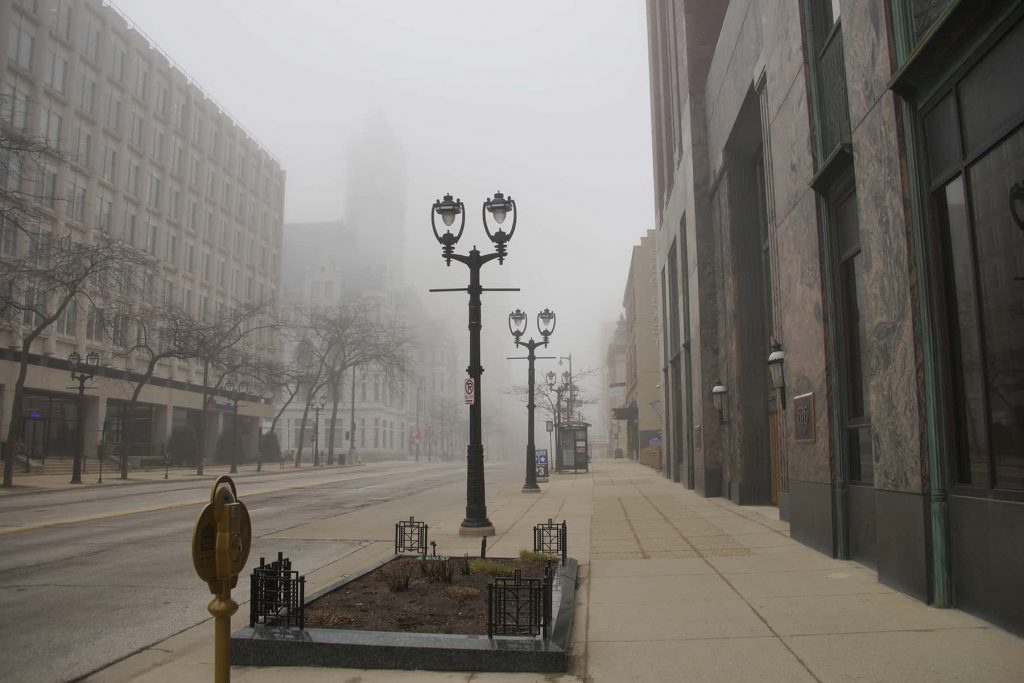
Penny Marshall, the trailblazing director of smash-hit big-screen comedies such as “Big” and “A League of Their Own” who first indelibly starred in the top-rated sitcom “Laverne & Shirley,” has died. She was 75.
Michelle Bega, a spokeswoman for the Marshall family, said Tuesday that Marshall died in her Los Angeles home on Monday night due to complications from diabetes. “Our family is heartbroken,” the Marshall family said in a statement.
In “Laverne & Shirley,” among television’s biggest hits for much of its eight-season run between 1976-1983, the nasal-voiced, Bronx-born Marshall starred as Laverne DeFazio alongside Cindy Williams as a pair of blue-collar roommates toiling on the assembly line of a Milwaukee brewery. A spinoff of “Happy Days,” the series was the rare network hit about working-class characters, and its self-empowering opening song (“Give her any chance, she’ll take it/ Give her any rule, she’ll break it”) foreshadowed Marshall’s own path as a pioneering female filmmaker in Hollywood.
“Almost everyone had a theory about why ‘Laverne & Shirley’ took off,” Marshall wrote in her 2012 memoir “My Mother Was Nuts.” ″I thought it was simply because Laverne and Shirley were poor and there were no poor people on TV, but there were plenty of them sitting at home and watching TV.”
Marshall directed several episodes of “Laverne & Shirley,” which her older brother, the late filmmaker-producer Garry Marshall, created. Those episodes helped launch Marshall as a filmmaker. When Whoopi Goldberg clashed with director Howard Zieff, she brought in Marshall to direct “Jumpin’ Jack Flash,” the 1986 comedy starring Goldberg.
“Jumpin’ Jack Flash” did fair business, but Marshall’s next film made her the first woman to direct a film that grossed more than $100 million. Her 1988 hit comedy “Big,” starring Tom Hanks, was about a 12-year-old boy who wakes up in the body of a 30-year-old New York City man. The film, which earned Hanks an Oscar nomination, grossed $151 million worldwide, or about $320 million accounting for inflation.
Marshall re-teamed with Hanks for “A League of Their Own,” the 1992 comedy about the women’s professional baseball league begun during World War II, starring Geena Davis, Madonna and Rosie O’Donnell. That, too, crossed $100 million, making $107.5 million domestically.
More than any other films, “A League of Their Own” and “Big” ensured Marshall’s stamp on the late ’80s, early ‘90s. The piano dance scene in FAO Schwartz in “Big” became iconic. Hanks’ reprimand “There’s no crying in baseball,” from “A League of Their Own,” remains quoted on baseball diamonds everywhere.
On Tuesday, Marshall’s passing was felt across film, television and comedy. The James L. Brooks praised her for making “films which celebrated humans” and for her guiding influence to young comedians and writers. “To many of us lost ones she was, at the time, the world’s greatest den mother.”
“She had a heart of gold. Tough as nails,” recalled Danny DeVito, who starred in Marshall’s 1994 comedy “Renaissance Man.” ″She could play round ball with the best of them.”
Marshall’s early success in a field where few women rose so high made her an inspiration to other aspiring female filmmakers. Ava DuVernay, whose “A Wrinkle in Time” was the first $100 million-budgeted film directed by a woman of color, said Tuesday: “Thank you, Penny Marshall. For the trails you blazed. The laughs you gave. The hearts you warmed.”
In between “Big” and “A League of Their Own,” Marshall made the Oliver Sacks adaptation “Awakenings,” with Robin Williams and Robert De Niro. The medical drama, while not as successful at the box office, became only the second film directed by a woman nominated for best picture.
Carole Penny Marshall was born Oct. 15, 1943, in the Bronx. Her mother, Marjorie Marshall, was a dance teacher, and her father, Anthony, made industrial films. Their marriage was strained. Her mother’s caustic wit — a major source of inspiration for Marshall’s memoir — was formative.
“Those words are implanted in your soul, unfortunately. It’s just the way it was,” Marshall once recalled. “You had to learn at a certain age what sarcasm is, you know? When she says it about somebody else, you laughed, but when it was you, you didn’t laugh so much.”
During college at the University of New Mexico, Marshall met Michael Henry, whom she married briefly for two years and with whom she had a daughter, Tracy. Marshall would later wed the director Rob Reiner, a marriage that lasted from 1971 to 1981. Tracy, who took the name Reiner, became an actress; one of her first roles was a brief appearance in her mother’s “Jumpin’ Jack Flash.”
Marshall never again matched the run of “Big,” ″Awakenings” and “A League of Their Own.” Her next film, the Army recruit comedy “Renaissance Man,” flopped. She directed “The Preacher’s Wife” (1996) with Denzel Washington and Whitney Houston. Her last film as director was 2001′s “Riding in Cars With Boys,” with Drew Barrymore. Marshall also helmed episodes of ABC’s “According to Jim” in 2009 and Showtime’s “United States of Tara” in 2010 and 2011, and directed the 2010 TV movie “Women Without Men.”
The Milwaukee County Historical Society MCHS) has the original Milwaukee City Hall Letters that are well known for being in the introduction of the Laverne & Shirley show. In honor of Penny Marshall’s life, the letters were used to spell out “Penny” on the east side of the Society’s building on December 18.
“Schlemiel! Schlimazel! Hasenpfeffer Incorporated. It seems only fitting that we remember actress and director Penny Marshall of Laverne and Shirley fame with the old letters that once adorned City Hall. No other cultural event brought more international attention to the Milwaukee City Hall letters than that sitcom. So long Penny.” – MCHS
In 1906, a lighted message system was added to the south side of the City Hall tower facing the intersections of Wells, Water, and Market Streets. It was installed by City Electrician David McKeith and consisted of wood letters that were forty-two inches tall, painted white to stand out against the terra cotta building, and lit with fifteen twenty-five watt bulbs. Behind the sign was a catwalk so that workers could easily change the letters.
Messages were rotated depending on events taking place in Milwaukee. It generally read “WELCOME” and often included organizations that were holding conventions in the city. Other messages included congratulations for sports teams, support for soldiers fighting in World War I and II, national and local anniversaries and celebrations, and various other things of note.
The letters developed a widespread reputation and were even featured in the opening credits of the Laverne & Shirley television show. In 1988, Mayor John O. Norquist and the Historic Preservation Commission dismantled the framework and stopped using the letters, citing the increased costs of maintenance.
Jаkе Cоylе
АBC Photo Archives and Milwaukee County Historical Society
Originally published on The Guardian as Film director and TV star Penny Marshall dies aged 75
Help deliver the independent journalism that the world needs, make a contribution of support to The Guardian.

















